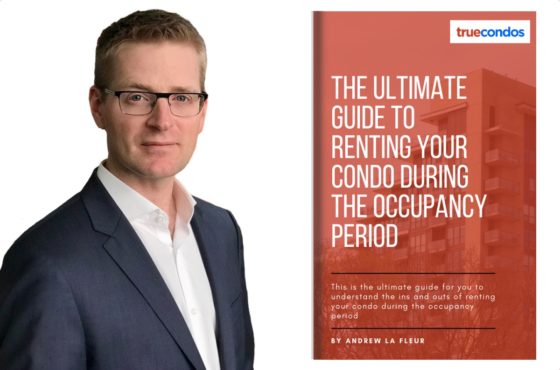6 Things Your Lawyer Should Advise You On During Your 10 Day Cooling Off Period
So you just bought a pre-construction condo. Well, you haven’t actually bought anything yet, you’ve just signed the paperwork, dropped off a deposit cheque, and your 10-day cooling off period has begun. You hired a good buyer’s agent to represent you, therefore you already know that it is imperative to have a lawyer review your agreement of purchase and sale during the 10 days (if your agent didn’t tell you this, ask yourself why). Here is what you can expect he or she will most likely talk to you about:
Capped Closing Costs.
If you don’t have caps in place for things like development levies and hydro/gas hook-ups, your closing costs could theoretically be in the tens of thousands (not including land transfer taxes and legal fees). The number one thing your lawyer will recommend is having a good cap on these costs. What constitutes a ‘good cap’ is always up for debate. 5 years ago, caps were in the $1-2K range. Now developers are pushing things up into the $8-9K range. Most lawyers push for something in the $2K range for levies, $1K for utility hook ups, but frankly, most lawyers are out of touch with what is normal for pre-construction contracts in 2010.
“Nickel and Dime” charges.
Developers are notorious for trying to sneak in charges for all sorts of things related to the purchase. They can be very creative. Your lawyer will probably point out some of them and recommend you ask them to be waived. Most builders will say no.
Square Footage.
You will get a copy of your floor plan in your agreement but 90% of the time the square footage and dimensions are not listed. Your lawyer will point out that you may get a unit that is 600 sq ft instead of 700 and there is nothing you can do about it! In one sense they are right: there is no protection in the Ontario New Home Warranty Act (provincial legislation) for consumers on this issue. There is a bulletin that Tarion put out in 1989 stating that the size of unit should not be off by more than 2%, but this is just a guideline (not written in law). In reality, variances are usually negligible, but if there was a major discrepancy, it would be a legal issue that you would have pursue through the courts. One option would be to have an amendment added to the agreement that explicitly states variance will be in accordance with the Tarion Bulletin, however, be prepared that most builders will not agree to this. Proceed with caution and understand this is part of the risk of buying pre-construction.
Rent During Occupancy.
Make sure you tell your lawyer if you are planning on using the property as your principal residence or as investment. If investment, they will probably tell you the contract says you cannot rent during the occupancy period. You may want to request a clause which allows you to do this.
HST Rebate.
. There is an HST rebate (formerly GST rebate) for end-user buyers that is built into the purchase price of condos in Ontario. If you are not planning on living in the unit, you might have to pay this amount back to the developer on closing. You may apply to the government to receive the exact same rebate given back to you after final closing. Your lawyer should advise you of this reality of buying for investment.
Assignment.
. If your lawyer is really sharp, and he or she knows you are buying for investment, he or she will recommend you get an assignment clause that allows you sell prior to occupancy.
There may be other issues that come up like mistakes in the contract or inaccuracies that will need to be changed, but most of the time these contracts are 95% the same from one to the next. Questions or comments? Please contact me.




